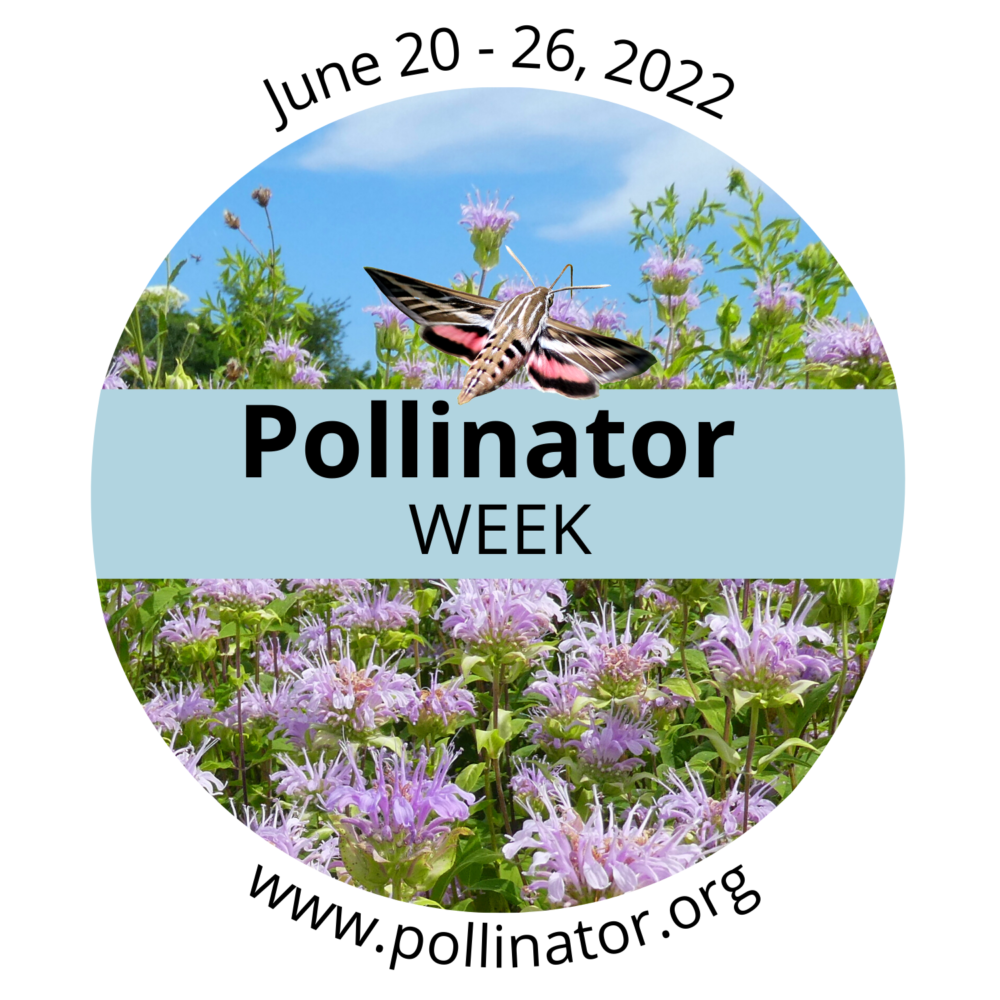Click To Call > (800) 966-7673
Wednesday, June 15, 2022
Earth’s ecosystems, while not on the top of most people’s minds, are intimately associated with many of the daily decisions that we make. Everything from our consumer choices at the store, to dietary preferences, and even our landscaping decisions can have major impacts on the living world around us. Consider pollination, which is the most common way plants mix their genes and produce the next generation of seeds. Without it and the insects at the center of this practice, many flowering plants, as well as fruits and vegetables they produce, would be greatly reduced.

As the world observes National Pollinator Week from June 20-26, Rose Pest Solutions, the nation’s oldest pest management company providing industry-leading pest management technology, is stressing the importance of promoting and maintaining ecosystems that appeal to bees, butterflies and other pollinator species. Rose Pest Solutions helps spread the word about the importance of preserving pollinators and the impact they have on the environment while employing a careful practice of exclusion that helps pollinating insects thrive.
According to the Pollinator Partnership, 75 to 95 percent of all flowering plants need help with pollination and pollinator insects are key to transferring pollen within healthy and productive agricultural ecosystems. Honeybees are among the beneficial insects that pollinate more than 180,000 different plant species and studies show honeybees make approximately two million flower visits to produce a pound of honey. One colony can even produce 100 pounds of honey, with total agricultural production reaching between $1.2 and $5.4 billion annually.
“Rose Pest Solutions recognizes the importance of beneficial insects in our ecosystem and that is why we are dedicated to promoting and protecting pollinating insects,” said Mark VanderWerp, board-certified entomologist and manager of education and training for Rose Pest Solutions. “The honeybee is well-studied and well-known but in fact is only one of the hundreds of bee species we have in the region. Many of our insects are crucial to preserve and protect and are not species that create pest problems.”
In serving commercial and residential customers, Rose Pest Solutions works to protect beneficial pollinators. If a honeybee hive or nest is discovered on a client’s property, the company is one of the few pest management companies able to safely relocate the colony if possible. This may involve working alongside local beekeepers or relying on Rose’s internal team of experts that have relocated live honeybee colonies in the past.
In addition, Rose supports local urban apiaries and pollinator-friendly partners like Detroit Hives and Gorman Heritage Farms.
The company remains committed to acting as a good global citizen by keeping environmental impact and human safety at the forefront of its daily operations, which is demonstrated regularly in both residential and commercial services. Technicians at Rose also receive ongoing education and training, which allows them to provide the latest in pest management technology.
The following are some tips to help pollinators thrive: